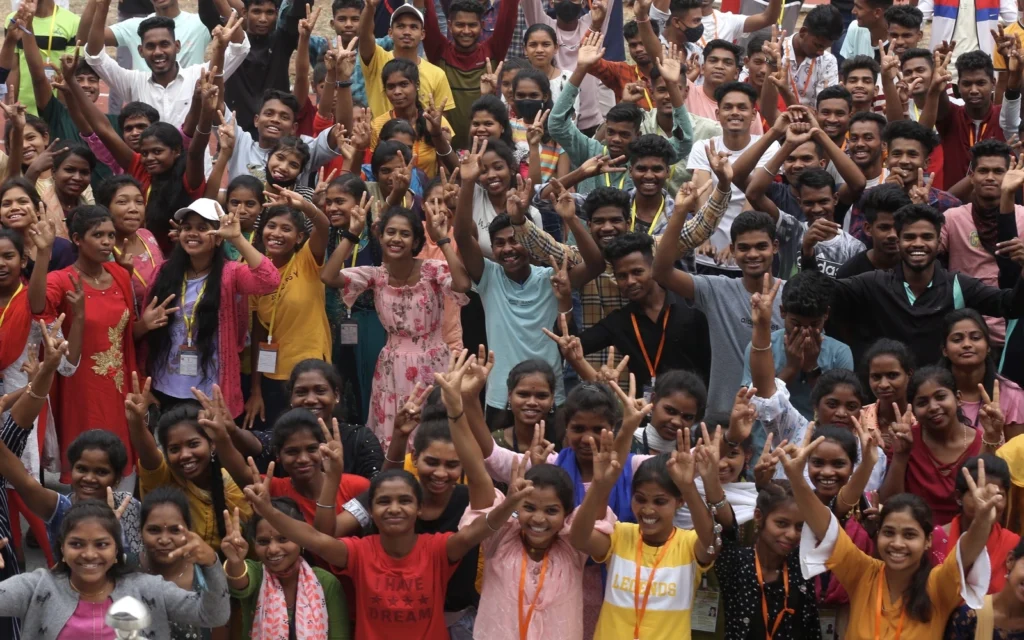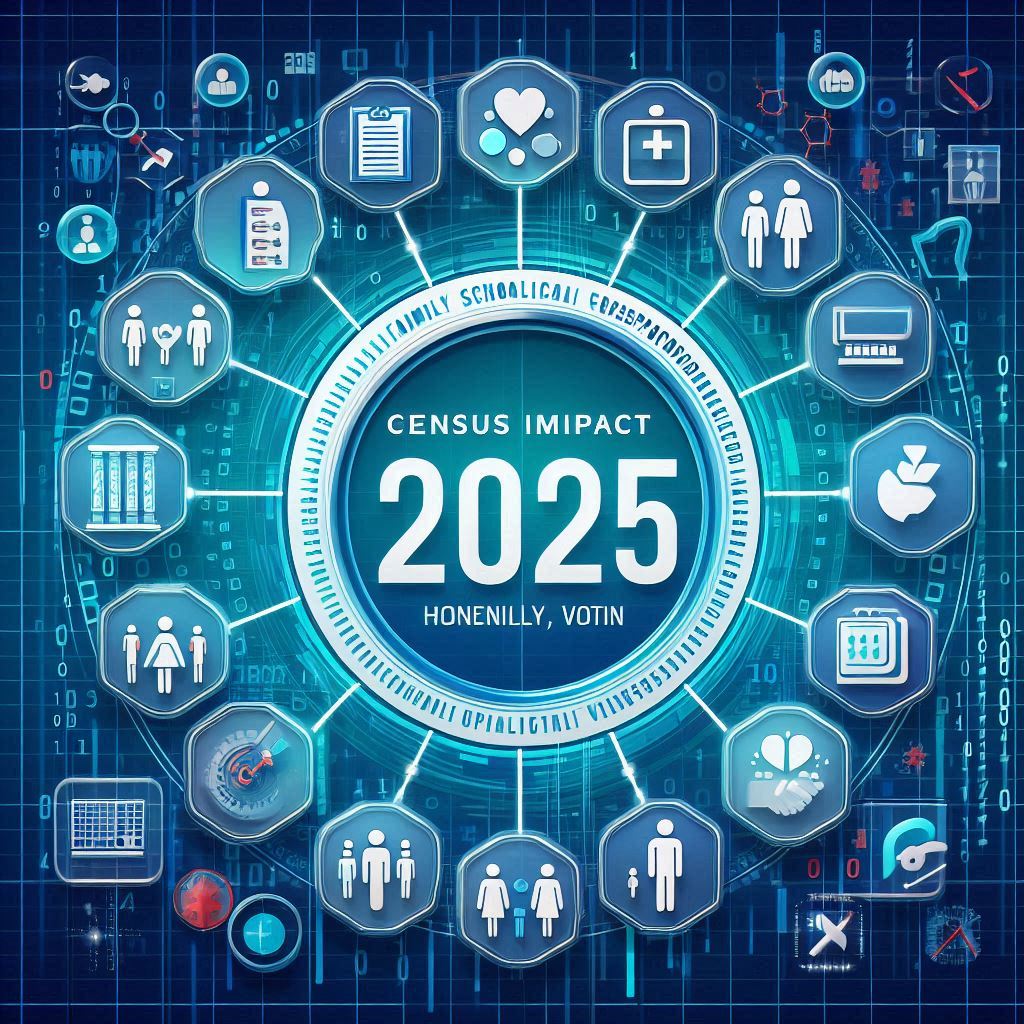7 Shocking Ways the delayed India Census 2025 Impacts Your Life | Must Read
Have you ever wondered why your neighborhood lacks adequate healthcare facilities, or why your children’s schools are overcrowded? The answer might surprise you – it all comes down to the delayed Census 2025. As someone deeply invested in understanding how government policies affect our daily lives, I’ve discovered some shocking ways this delay is impacting you right now, whether you realize it or not.
Table of Contents
The Hidden Crisis of India Census 2025 Delay
Let me share something that’s been keeping me up at night. The last time India conducted a census was in 2011. That’s right – we’re making decisions about your future based on 13-year-old data. Imagine trying to navigate today’s traffic using a map from 2011. Sounds absurd, right? Yet that’s exactly what’s happening with crucial decisions affecting your life.
Your Job Prospects: The Uncomfortable Truth
Remember that time you spent months looking for a job in your area? The census delay is making this challenge even worse. Here’s how:
- Industry Location Planning
- Companies use census data to decide where to set up new facilities
- Without current data, job creation might completely miss your area
- Your skills might not match local opportunities due to outdated planning
- Skill Development Programs
- Government training centers are planned based on population demographics
- Outdated data means mismatched skill development initiatives
- Your career growth could be stunted due to irrelevant training programs
Recent employment studies show that accurate population data could improve job matching by up to 40%.
The Education Crisis Affecting Your Children
As a parent, this part particularly worries me. The census delay is creating a perfect storm in our education system:
Immediate Impacts
- Overcrowded classrooms affecting your child’s learning
- Insufficient number of schools in rapidly growing areas
- Misallocation of teaching staff and resources

Long-term Consequences
Quality of Education
- Teacher-student ratios based on outdated numbers
- Inadequate infrastructure planning
- Limited access to specialized programs
Higher Education Planning
- Universities don’t know where to expand
- Course offerings don’t match local population needs
- Scholarship allocations might not reach deserving students
Healthcare Access: A Matter of Life and Death
The pandemic taught us hard lessons about healthcare infrastructure. Without current census data, we’re facing:
Critical Healthcare Challenges
Hospital Distribution
- New hospitals might not be built where they’re needed most
- Your emergency care access could be compromised
- Specialized care facilities might be too far from your location
Medical Staff Allocation
- Doctors and nurses might be concentrated in the wrong areas
- Your local clinic could be understaffed
- Waiting times might increase dramatically
WHO guidelines recommend healthcare planning based on current population data for optimal service delivery.
The Digital Census Revolution: What It Means for Your Family
The shift to digital enumeration in Census 2025 brings both opportunities and challenges:
Advantages
- Faster data processing affecting service delivery
- More accurate information collection
- Reduced manual errors in recording your family’s information
- Easier access to census participation
Potential Challenges
- Digital literacy requirements for older family members
- Internet connectivity issues in rural areas
- Data privacy concerns
- Need for technical support during enumeration
Your Political Voice: The Hidden Impact
By 2026, parliamentary constituencies will be redrawn. Here’s what’s at stake:
- Representation Changes
- Your vote’s weight could significantly change
- Local issues might get diluted in larger constituencies
- Your area’s political representation might shift dramatically
- Resource Allocation
- Government schemes might not reach your area
- Infrastructure development could be misdirected
- Local body elections might not reflect current population patterns
Financial Implications for Your Wallet
The census delay affects your financial well-being in surprising ways:
Direct Impacts
- Government Schemes
- Benefits might not reach eligible families
- Subsidy distributions could be imbalanced
- Welfare programs might miss their targets
- Tax Planning
- Local body taxes might not match services provided
- Infrastructure development funds could be misallocated
- Your tax burden might not reflect local development
What Can You Do About It?
Taking action is crucial. Here’s your action plan:
- Stay Informed
- Follow census-related news
- Understand your rights and responsibilities
- Keep your documents updated
- Prepare for Participation
- Learn about digital enumeration processes
- Help elderly family members understand the importance
- Share accurate information during the count
- Spread Awareness
- Inform your community about census importance
- Help others understand how it affects them
- Support local enumeration efforts
Looking Ahead: Your Role in Census 2025
Remember, every piece of information you provide shapes policies affecting your daily life for the next decade. The census isn’t just about counting heads – it’s about making your voice count in decisions that impact your future.
Learn more about citizen participation in the census
Take Action Now
- Update your family’s documentation
- Learn about digital submission methods
- Mark your calendar for Census 2025
- Help spread awareness in your community

